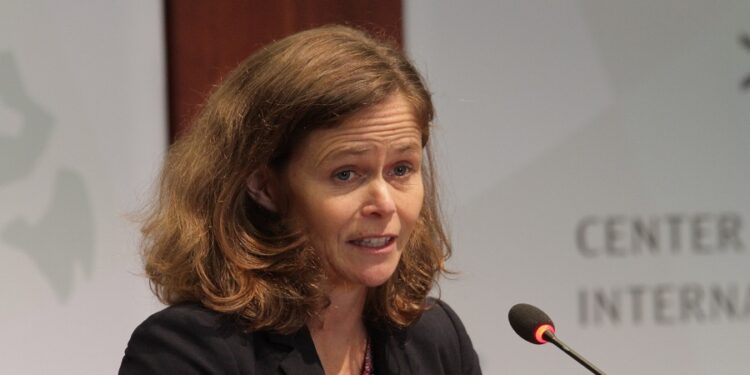By Ebi Kesiena
The African Development Bank (AfDB) has initiated a $35 million climate resilience project aimed at bolstering responses to climate shocks in Comoros, Djibouti, Somalia, and South Sudan.
The agreement for the Multi-National Climate Disaster Risk Financing Project was signed by the finance ministers of these countries and South Sudan’s central bank governor, alongside AfDB Vice President for Agriculture, Human and Social Development, Beth Dunford.
The signing ceremony took place at the sidelines of the AfDB 2024 Annual Meetings in Nairobi, following the project’s approval by the bank’s board of directors.
The initiative which is part of the AfDB’s Africa Disaster Risk Financing Programme, aims to help these nations adopt climate risk financing instruments, enhance the use of pre-arranged climate and disaster risk financing tools, and strengthen their adaptation and resilience against climate risks.
According to Finance Minister Mzé Abdou Mohamed Chanfiou of Comoros, the regular flooding in Comoros and its impact on economic growth and resource mobilization has further emphasized the need for substantial resources to aid in relief and reconstruction efforts.
READ ALSO: When Will Famine Be Declared In Sudan?
Also, Djibouti’s Finance Minister Ilyas Moussa Daweleh noted that the region’s climate fragility has contributed to inter-ethnic conflicts and major migrations, with 28,000 migrants’ monthly heading to the Gulf States.
He applauded the AfDB’s support, particularly for its potential to assist livestock farmers affected by climate impacts.
Somalia’s Finance Minister Bihi Iman Egeh and South Sudan’s central bank governor James Alic Garang also expressed their support, recognizing the project as a crucial step in building climate resilience in their countries.
Meanwhile, Beth Dunford stressed on the severity of climate change threats, especially in the Horn of Africa and small island nations like Comoros.
She explained that climate change often manifests as highly variable and erratic rainfall patterns, rising temperatures, droughts, floods, and increasingly intense tropical cyclones.
Heritage Times HT reports that the ministers lauded the agreement as a transformative step towards enhancing climate resilience in their respective countries.




































